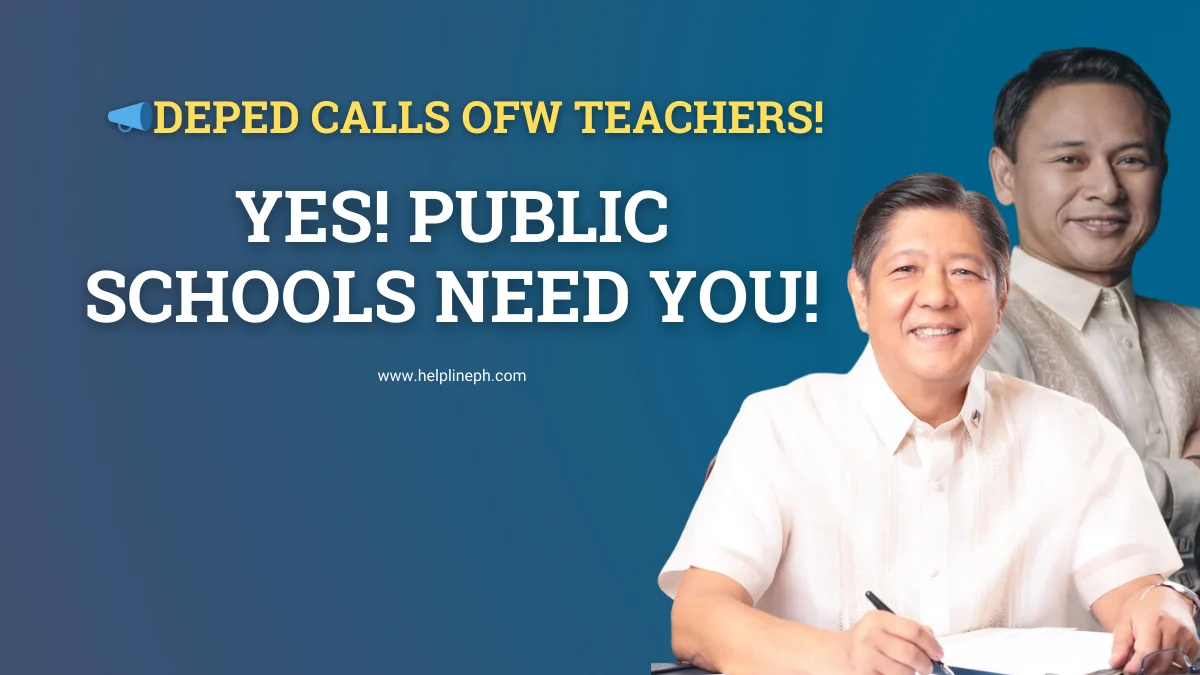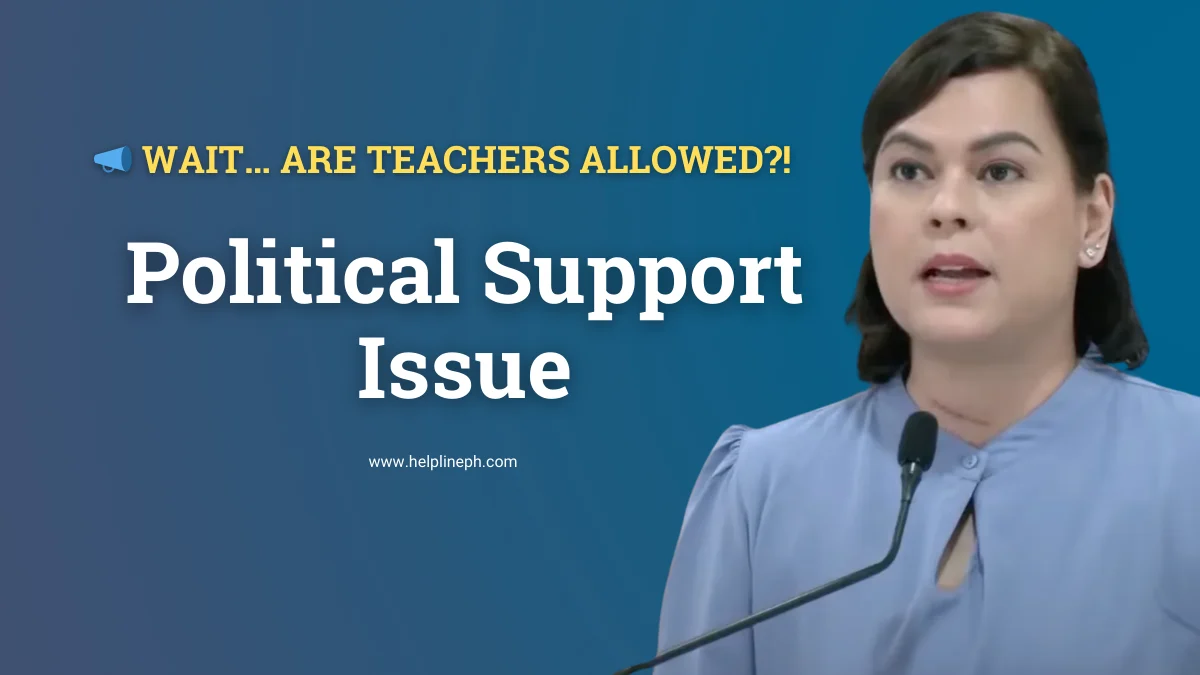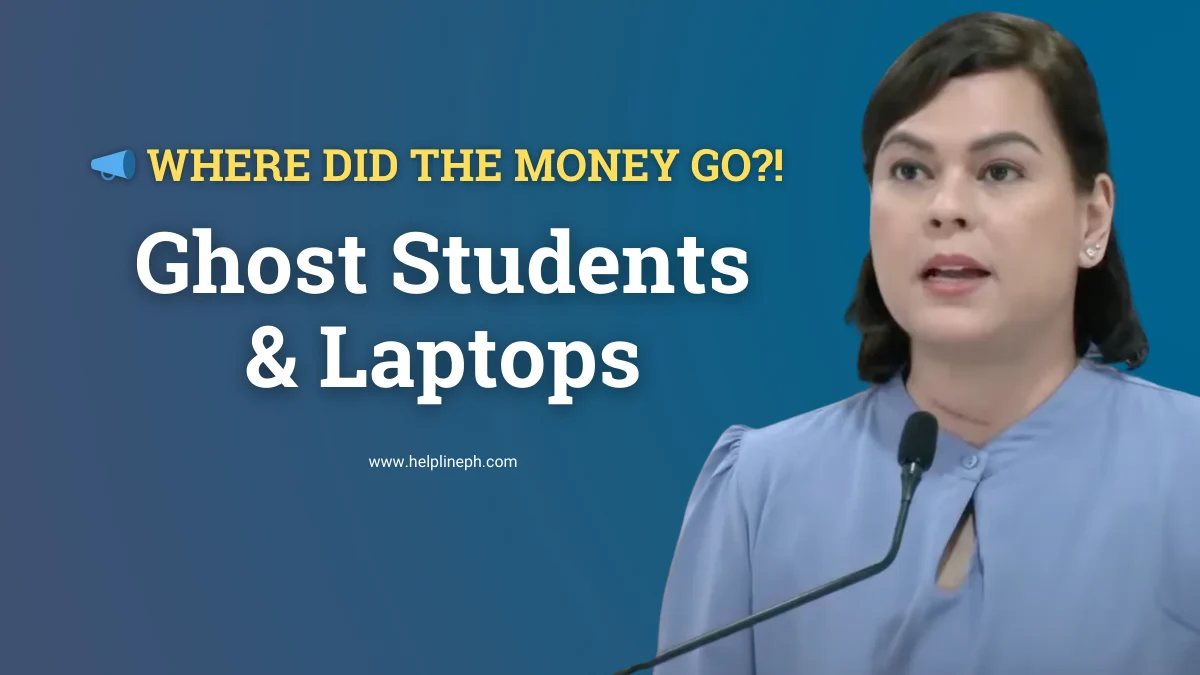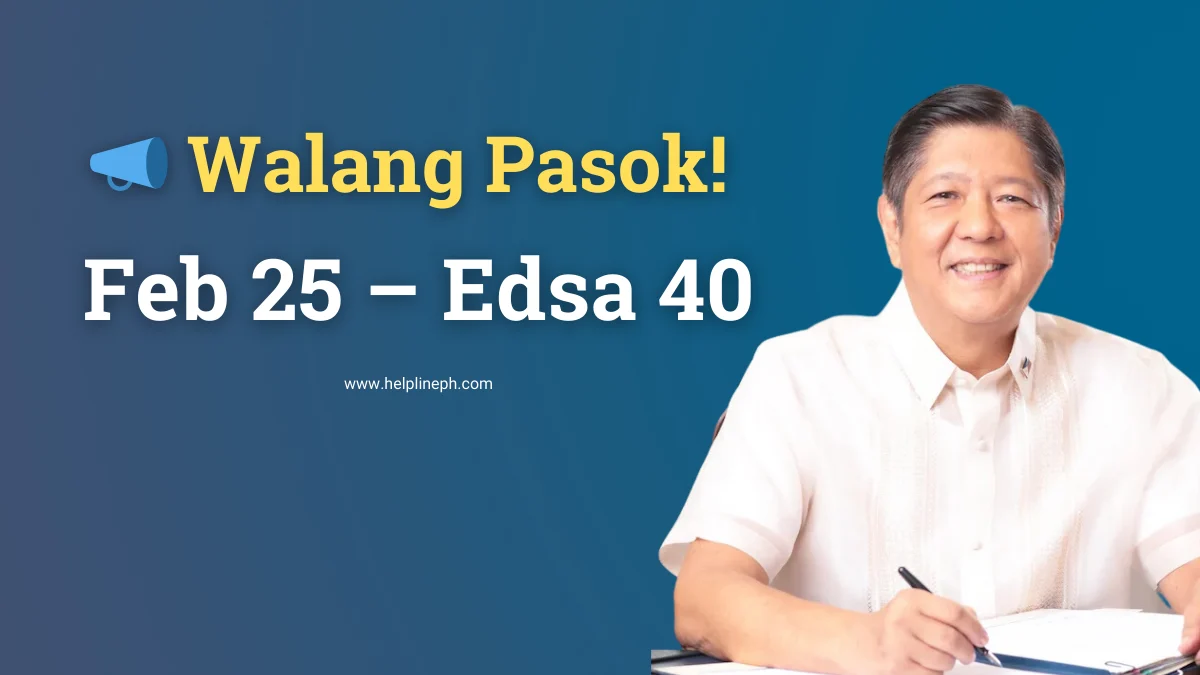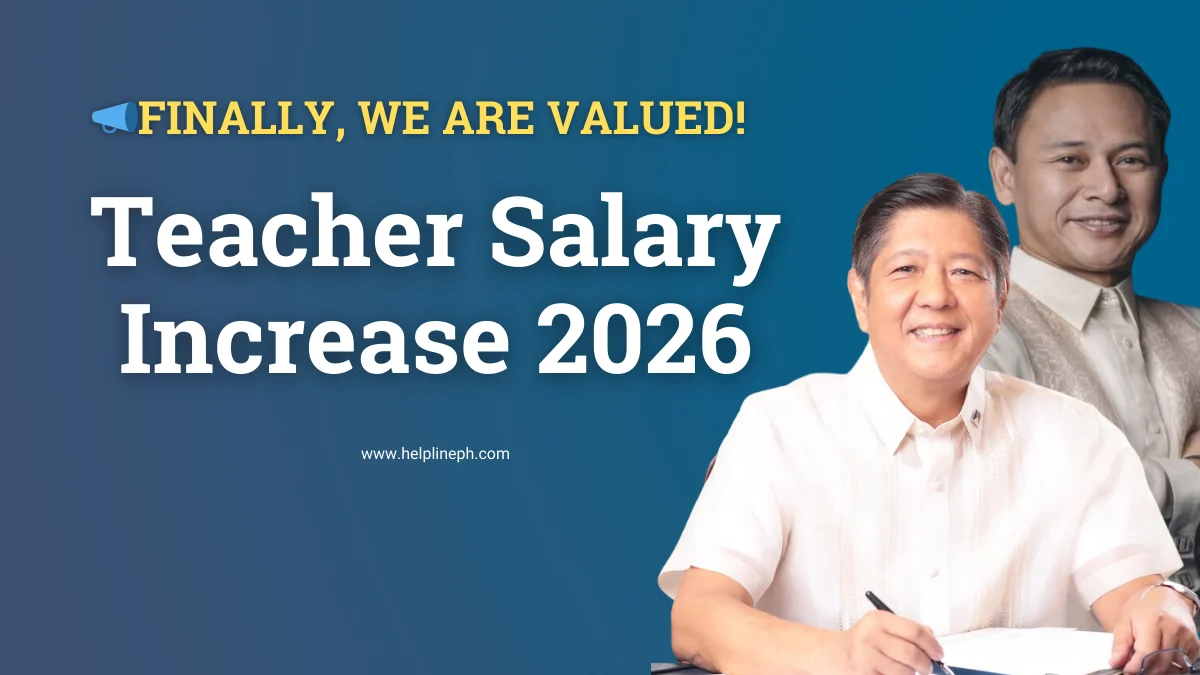Education Secretary Sonny Angara has requested private financial institutions to implement a three-month loan payment moratorium for teaching and non-teaching staff significantly affected by recent typhoons. This measure, aimed at alleviating financial burdens, proposes a pause in payments starting January 2025, with repayments resuming in April 2025.
While the initiative seeks to provide relief, many public school teachers have voiced concerns regarding accrued interest during the moratorium. This concern stems from previous experiences, particularly during the COVID-19 pandemic, where similar moratoriums resulted in extended payment terms and additional interest.
Teachers’ Reactions
Public school teachers expressed mixed reactions upon learning about the proposed moratorium:
- Unexpected Costs:
“During the pandemic moratorium, our loan terms were extended, and we were charged additional months for accrued interest. Will this happen again?” - Arrears and Accrued Interest:
“Even with the moratorium, our accounts showed as unpaid, leading to arrears. It’s frustrating.” - Additional Burdens:
“This is bad news. Instead of relief, it adds financial pressure with accrued interest.”
Calls for Alternative Support
Rather than a loan moratorium, many teachers are advocating for direct financial incentives such as the Service Recognition Incentive (SRI) and Productivity Enhancement Incentive (PEI).
These incentives, they argue, would provide tangible financial relief without the complications of interest accumulation and extended loan terms.
- “SRI and PEI are what we need. They offer real financial support without additional burdens.”
- “We don’t need a moratorium that brings more debt. We need proper incentives like SRI.”
Conclusion
While the proposed moratorium aims to assist those in dire need, its implementation raises critical concerns about the long-term financial impact on educators. Teachers are urging the Department of Education to focus on providing direct financial assistance through incentives like SRI and PEI, which would effectively alleviate financial stress without the pitfalls of accrued interest.
As discussions continue, ensuring that the voices of educators are heard and their concerns addressed will be pivotal in crafting effective and fair solutions.

